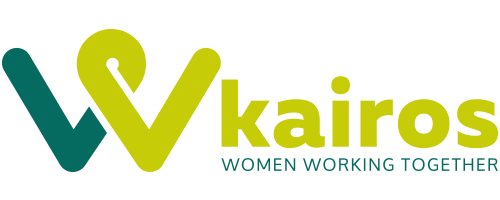
The Way We Work
Our approach is rooted in a Violence Against Women and Girls (VAWG) perspective. We critique the institution of the sex industry as a form of sexual exploitation, while placing no moralistic judgement on the women we support.
We’re there for women in crisis, supporting them to increase their safety, reduce harm and ensure basic needs are met. We take time to build trusting relationships; persistence and flexibility are key.
Women’s support journeys typically involve a sporadic trust building phase, where they present with a crisis around basic needs e.g. they’re in danger, hungry or homeless. Only when we support them through this crisis can women start to think about longer-term needs. The process isn’t linear, with woman cycling in and out of crisis and engagement. For example, the violent partner of one of the women we’ve supported was arrested. While he was detained, we helped her seek hospital treatment, change the locks, change her bank details and apply for a non-molestation order. Support was intense and we had to react immediately as he was released 72 hours later. She continued to engage well and moved on to working on budgeting, attending appointments and building her independence. Her long term goal is to have a cozy home of her own, with “no drama” in her life.
We recognise the need for women to move beyond entrenched cycles of crisis and harm. We support them to believe in their ability to achieve their goals and empower them to take the necessary steps along the way. We journey alongside them as they increase their stability and self-reliance. We fully recognise that such a journey is unique to each individual woman, is never linear, and needs to be long term.
Our work is:
Women-centred– Kairos WWT is run by women, for women. Women supported by Kairos WWT have been subjected to male violence and all are impacted by trauma. They tell us that the presence of males could act as a significant barrier to their engagement. Therefore, we provide women-only services and spaces.
Trauma Informed– We consider the effects of trauma in our interactions with women and in the design of our environment, approach, and services. We challenge the way in which women are blamed and often pathologised for their trauma. We focus on women’s strengths and are non-victim blaming. We advocate for a trauma-informed approach at a local, regional, and national level.
Hopeful– We believe in the potential of every woman and empower them to believe in themselves. We always hold hope for them, even when they might not want or feel ready for change. We will never give up on them. Our support enables them to reimagine their lives and we journey with them towards their goals.
Collaborative– We listen to the voices of women with lived experience. They are actively involved in co-designing their support plans and co-producing service provision. We regularly consult with the women we support, so that their voice is influential at all levels of organisational decision making and beyond. We encourage and provide opportunities for peer leadership. We work in partnership with other organisations and are open to new opportunities for collaboration.
Relational– Taking time to build trusting relationships with women is key to maintaining their ongoing engagement and optimising opportunities for empowerment. Our informal style involves patience, persistence, and flexibility. We uphold high levels of confidentiality and work to deliver what we say we will.
Holistic– Every woman is treated as a unique individual, with specific needs and ambitions. Services are designed to be long term and to enable women to address multiple issues in their lives, not just focus on one area, because their lives cannot be categorised into boxes.
Outcomes Focussed– We want our support to be transformational, therefore we ensure our approaches and processes are working towards helping women move beyond crisis to achieve positive, life changing outcomes, that result in more women living free from sexual exploitation.
Evidence Based– Our approaches, processes and tools are informed by good practice evidence of what works best to achieve our aims. We effectively collect data, monitor outcomes, and evaluate our services to feed into a cycle of continuous improvement.
Reflective– We engage in reflective practice, intentionally taking time to consider how our values, biases, thoughts, feelings, and beliefs influence the decisions we make in the course of our work.

